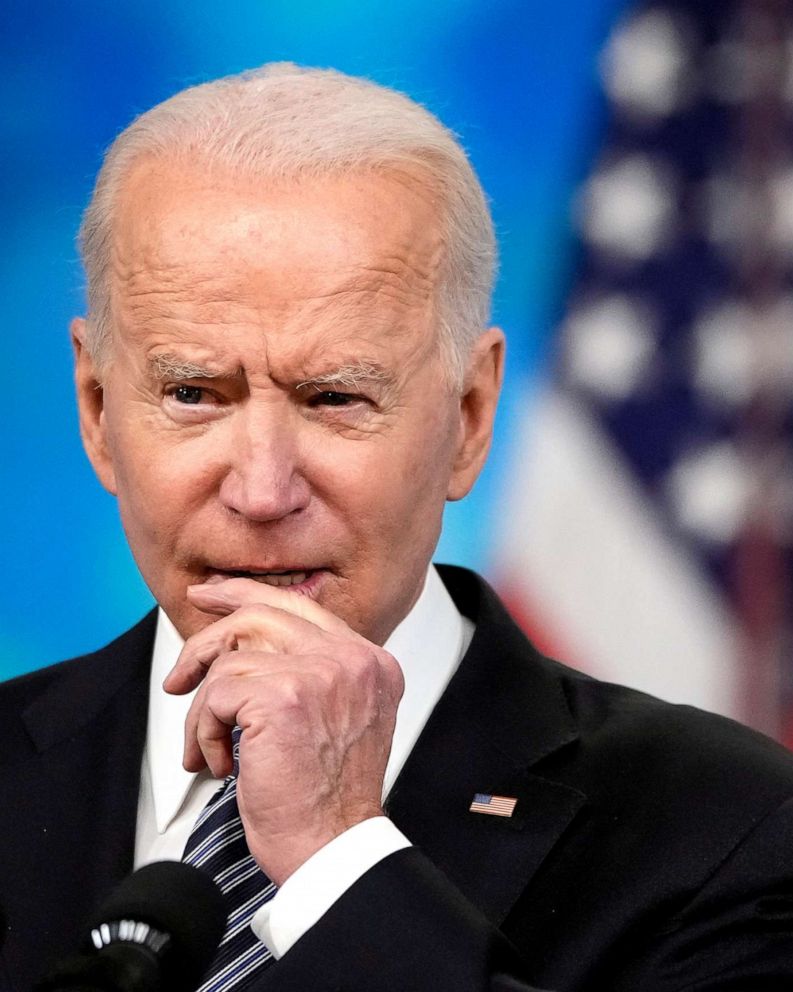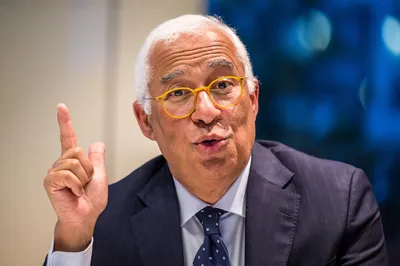HUMAN RIGHTS WATCH: Israeli authorities are committing the crimes against humanity of apartheid and persecution against millions of Palestinians.
For over 55 years, Israel has occupied Gaza and the West Bank, including East Jerusalem, relying routinely on forcible displacement and excessive force.
In the West Bank, authorities have facilitated the transfer of over 700,000 Israeli settlers, a war crime, confiscated vast swaths of Palestinian land, and made it nearly impossible for Palestinians to build in much of the territory without risking demolition.
Israel severely restricts the movement of people and goods into and out of Gaza, with devastating humanitarian impact.
The Palestinian Authority in the West Bank and Hamas in Gaza arbitrarily arrest dissidents and torture Palestinians in their custody.
Gaza hit by more Israeli airstrikes: US and Arab leaders are locked in tense ceasefire negotiations as the fighting between Israelis and Palestinians threatens to spread across the Middle East. ...
Israel has passed laws that codify bias against Palestinians but did not meet similar uproar.
UpFront takes a look at what Benjamin Netanyahu’s new hardline cabinet means for Palestinians.
Road to normalizing ties with Saudi Arabia ‘still long’: Israeli official
Members of Israel’s hard-right government have ruled out concessions to Palestinians as part of any deal with Riyadh.
Israeli Prime Minister Benjamin Netanyahu’s national security adviser says the road to normalising ties with Saudi Arabia is “still long” as members of his far-right government rule out concessions to Palestinians as part of any deal.
United States officials have sought for months to reach what would be a historic agreement that Netanyahu has said would be a huge step towards ending the Israel-Palestine conflict, but Riyadh has signalled a deal would rest on Palestinian statehood.
United States officials have sought for months to reach what would be a historic agreement that Netanyahu has said would be a huge step towards ending the Israel-Palestine conflict, but Riyadh has signalled a deal would rest on Palestinian statehood.
“I can identify with what the United States president said in an interview a few days ago, where he said that the road is still long but that he thinks there will be a possibility of progress,” national security adviser Tzachi Hanegbi told public broadcaster Kan on Monday, adding that Israel is not involved in the US-Saudi discussions.
- “I can say that Israel will not give in to anything that will erode its security,” he said.
Antony Blinken, the US secretary of state, visited Saudi Arabia in June with the explicit objective of promoting normalisation after declaring it a “national security interest” of the US.
US President Joe Biden last week dispatched his national security adviser to Riyadh to discuss a possible deal and on Friday said a rapprochement was “maybe under way”.
>
_____________________________________________________________________________________
_____________________________________________________________________________________














No comments:
Post a Comment